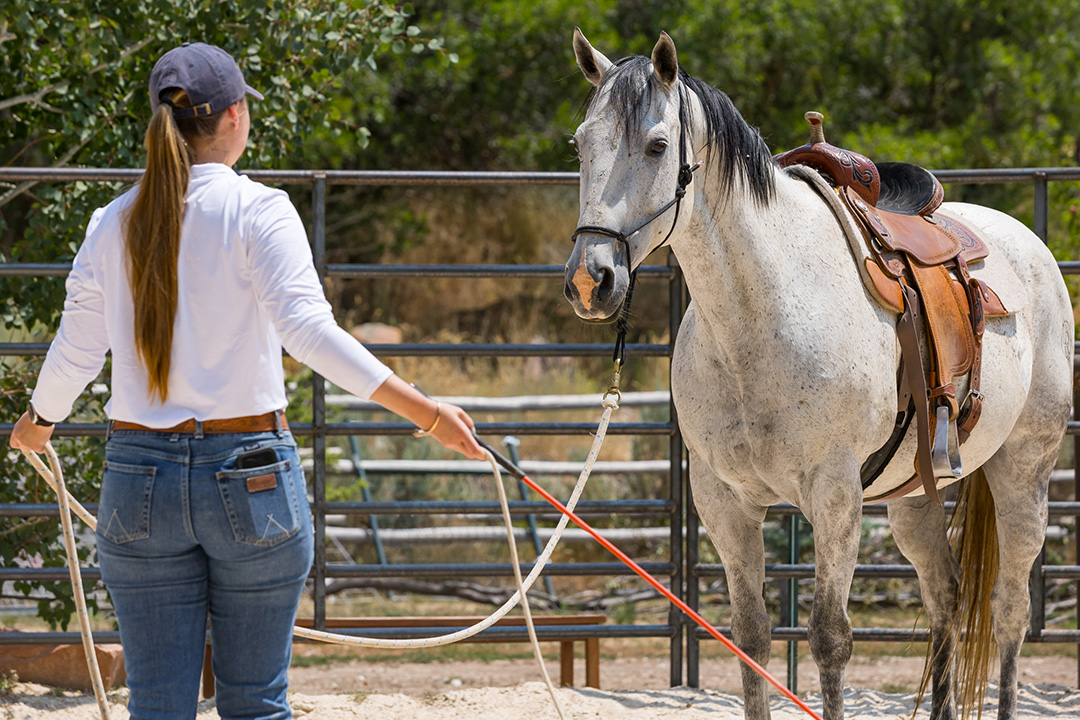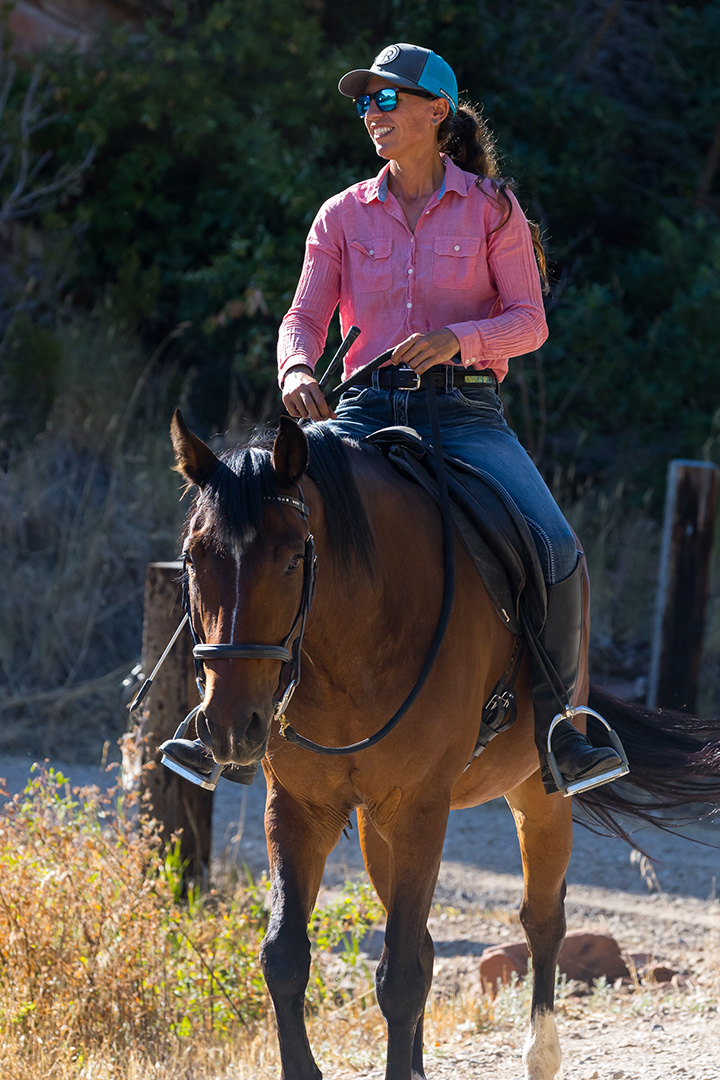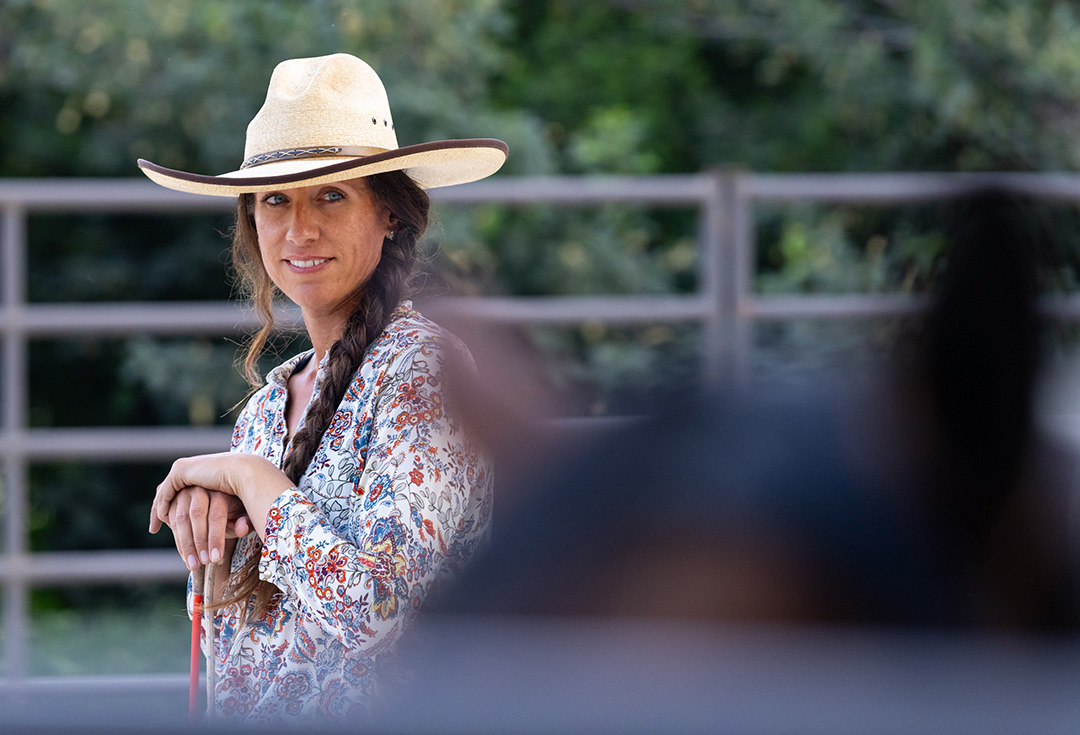Have you ever marveled at the innate ability of horses to read and respond to our intentions? This remarkable sensitivity is more than just an interesting trait; it’s a gateway to deepening your connection with these magnificent creatures.
Horses, as prey animals, have evolved to be adept at reading predatory behavior, a skill crucial for their survival. This instinctual ability extends to sensing human emotions and intentions. Just like you can sense when a loved one is upset without a word spoken, horses pick up on our emotions, whether it’s pleasure or displeasure. This sensitivity is why horses are such powerful partners in therapy practices.
The Impact of Emotions
In my experience as a horsemanship mentor, I’ve seen how a person’s underlying emotions, even if unrelated to the horse, can dramatically affect their interaction. Horses respond to the energy we project. When we approach them with negative feelings, they often perceive it as pressure, which can lead to tension or resistance. On the flip side, positive energy can create a harmonious and cooperative environment.
Understanding how your emotions affect your horse can transform your training sessions. By maintaining a calm and positive demeanor, you can encourage your horse to be more receptive and responsive. This doesn’t just apply to direct interactions; your general mood around the stable can influence your horse’s behavior throughout the day.
A Lesson from the Field
During a Horsemanship Camp, a mentor of mine used to say, “Everybody feel pleased!” whenever a horse solved a problem. Remarkably, horses around the one being praised would react positively, demonstrating how they pick up on group energy.
On the opposite end of the spectrum, have you ever seen an emotional horse seeming to get “picked on” or pushed away by more emotionally centered horses? This is because horses view such emotional behavior as a threat to the overall well-being of the herd. If there isn’t an obvious reason for these emotions, and there generally isn’t, the more level-headed horses will tend to not want that type of energy around. Although it’s not always the case, do consider what your emotional state is when approaching a horse that has a tendency to leave. You may find the horse is just doing what nature tells them to do, and what needs to be worked on is your own energy and intention.
Your Challenge and Opportunity
To deepen your connection with your horse, start by becoming more aware of your emotional state before and during your interactions. Practice mindfulness and consider meditative techniques to help stabilize your emotions. This approach will make you a more consistent and reassuring presence for your horse, fostering a deeper bond and improving your training outcomes.
Here’s a challenge for you: Next time you’re with your horse, consciously project feelings of pleasure and positivity. Observe the difference it makes.
Want to explore these concepts more deeply and transform your relationship with horses? The Savvy Equestrian membership offers a comprehensive platform for equestrians seeking to understand and grow with their horses. Our courses, live sessions, and community discussions delve into the subtleties of horse-human communication, helping you become a more intuitive and effective horseperson.
Join The Savvy Equestrian today and embark on a journey of discovery and connection with your equine partner. Embrace the power of positive energy and watch your horsemanship thrive.
Remember, the journey to understanding your horse starts with understanding yourself. Let’s explore this journey together.








